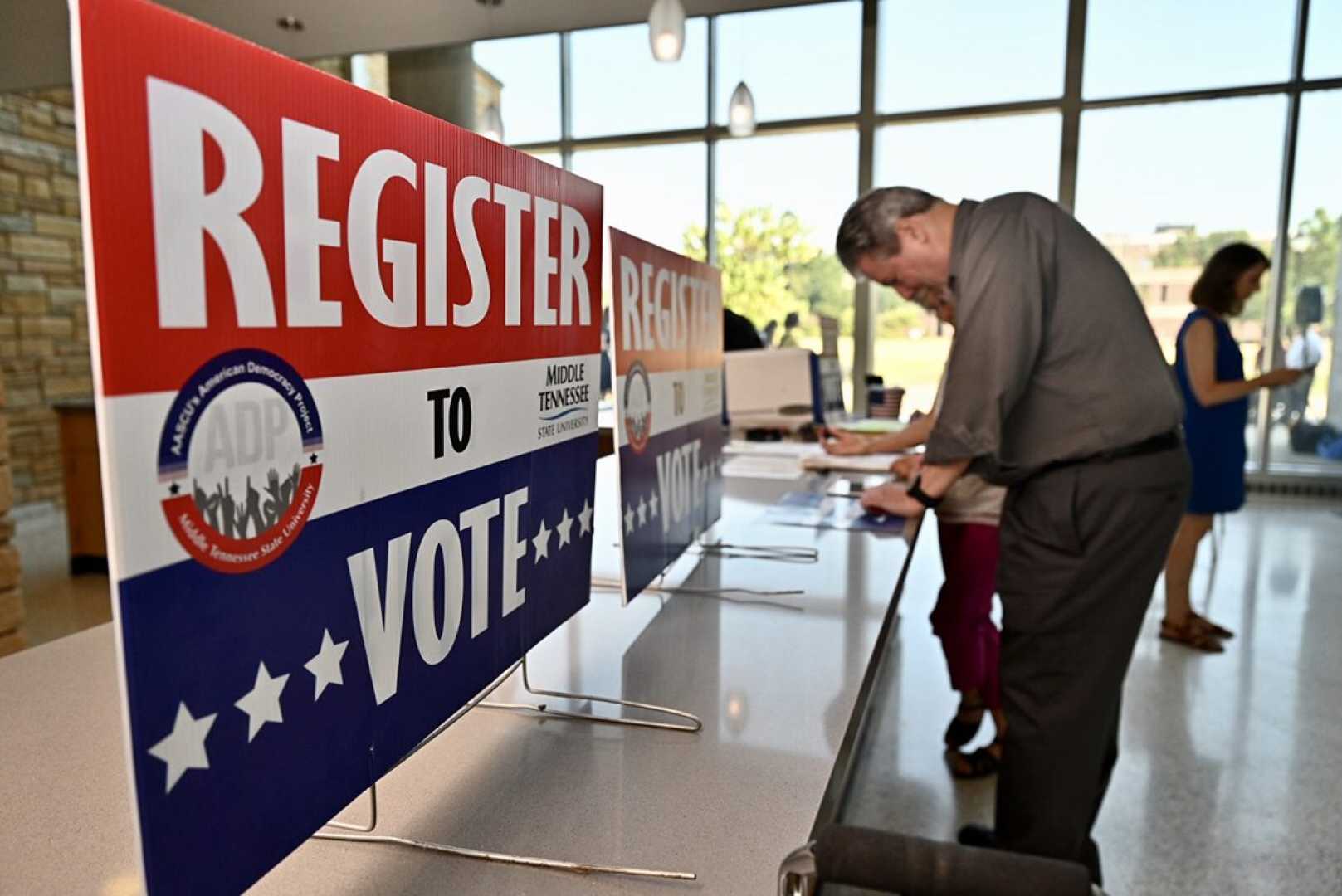News
Preparing for Elections: Navigating Voter Registration Challenges

As the United States moves closer to the November general election, voter registration has become a crucial topic of discussion. Various platforms, including federal websites and nonprofit organizations, aim to guide individuals in registering to vote. However, the effectiveness of these resources can vary by state due to differing registration processes.
In some states, navigating voter registration can be complex. For instance, in Texas, recent efforts by the Attorney General to restrict unsolicited voter registration cards highlight the legal challenges surrounding this issue. Such actions emphasize the importance of relying directly on local election offices for accurate and up-to-date information. Accessing voter registration through official channels ensures records of registration attempts, which can be vital if discrepancies arise on Election Day.
Texas, lacking online voter registration, demonstrates the challenges faced by both voters and election officials. Travis County, as a case in point, manages registration manually, an outdated but necessary process to ensure voters’ rights are preserved. Local election offices thus provide a more direct and reliable means of ensuring registration is completed successfully.
Moreover, staying informed through local election administrators is crucial as polling locations can change. In emergencies or logistical changes, these offices hold the most current information, ensuring voters arrive at the correct voting site. This is particularly relevant in densely populated areas where multiple polling locations exist.
National Voter Registration Day, celebrated on September 17, stands as a testament to the collective effort to promote civic engagement. Organizations like the League of Women Voters actively participate by providing resources and assistance, aiming to empower citizens to exercise their voting rights. Sharon Borine, president of the League of Women Voters Minnesota East Metro, emphasizes the power of individual votes, encouraging voter participation across the region.
Despite challenges, including limited access to some schools for voter registration drives, efforts continue to ensure every eligible citizen is informed about their voting rights and responsibilities. The League remains committed to nonpartisan education and advocacy across the country.
As absentee voting begins shortly before the election, reminders about significant dates for registration and absentee voting are essential. In Minnesota, for example, pre-registration closes in mid-October, but same-day registration is available on Election Day for those who miss the deadline.
Staying informed is critical as election day approaches. With ever-changing information landscapes, voters are encouraged to engage with primary sources like local election officials to verify their status and polling locations.












